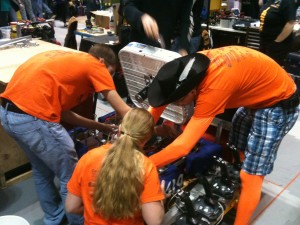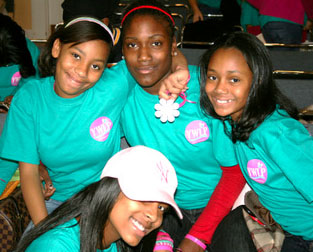According to Curry Science Education doctoral student, Nathan Dolenc, mentors affect student development in countless ways, both positively and perhaps not-so-positively.
Dolenc’s research examines adult mentoring styles on high school robotics teams. He is looking at how mentors define their own involvement, and how students respond under their mentors’ defined involvement and approaches.
He is also considering an investigation about the implications that these mentor-student interactions have on the students’ long-term growth. This entry specifically addresses low-dosage mentoring.
By Nathan Dolenc, Doctoral Student, in Curry’s Science Education, Curriculum & Instruction.


